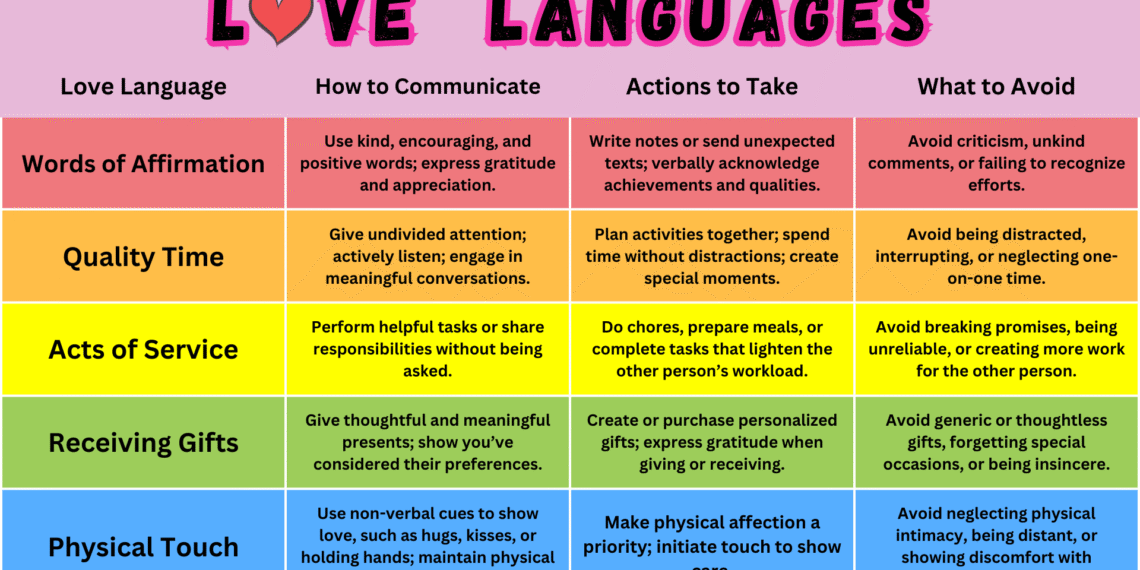Great Connections are not just erected on love they’re erected on communication. Whether it’s a long term cooperation or a new commodity, the way you talk (and hear) to each other can make or break your connection. But that’s the thing, communication isn’t just talking. It’s understanding, empathizing, breaking, and indeed knowing when not to speak.
Whether you’re navigating conflict, expressing love, or planning the future, these 18 proven strategies can help you and your mate connect better, feel heard, and grow stronger together.
1. Practice Active Listening
The most uncredited skill in connections? harkening not just hearing. Active listening means giving your full attention, making eye contact, seesawing, and not interposing. Respond with empathy, not results, unless they ask for help.

Try this Mirror their passions back to them “ It sounds like you felt really overwhelmed at the moment.
2. Use “I” Statements
Rather than “ You always ” or “ You noway , ” shift the focus to your own experience. This helps reduce blame and keeps the discussion formative.

Example I feel frustrated when plans change in the last nanosecond because I like to feel set.
3. Validate Their Emotions
You don’t have to agree to validate someone’s passions. Saying “ I get why you’d feel that way ” can incontinently make your mate feel seen and safe.

Bonus: This frequently de-escalates pressure and opens the door for honest dialogue.
4. Ask, Don’t Assume
We often assume we know what our partner is thinking or feeling, but assumptions create distance. Instead, ask questions.

Try: “What do you need from me right now?” or “Is this something you want to talk about or just vent?”
5. Time It Right
Bringing up something heavy when your partner is stressed, hungry, or distracted? Not ideal. Pick a time when you’re both calm and present.

Tip: If now isn’t good, schedule it: “Can we talk about this after dinner?”
6. Create Regular Check-Ins
Life gets busy. Carving out consistent time to check in helps prevent little issues from building up.

Make it a habit: Try a Sunday night “us” ritual—light candles, sip tea, and talk about your week, your wins, and what you need.
7. Know Each Other’s Communication Styles
Some people are internal processors. Others need to talk it out. Some want a solution; others want to be heard. Learn what works for each of you—and adjust accordingly.

8. Take Breaks During Conflict
Arguments can spiral. Agree on a signal like “pause” when emotions are too high. Walk away, breathe, cool off, then come back to the conversation.

Rule of thumb: Never leave in silence—say, “I need 20 minutes to regroup. I’ll be back.”
9. Use Technology Wisely
Texts can be misread. Emojis don’t replace nuance. For deeper conversations or sensitive topics, opt for voice or face-to-face. Save texting for light communication or sweet reminders.

10. Be Curious, Not Defensive
Rather than replying with “ That’s not true! “Try responding with “ Help me understand what you mean. ” Guard shuts down communication. Curiosity keeps it going..

11. Speak with Kindness, Even When Upset

You can express truthfulness or frustration without being cruel. Use calm, measured tones and avoid name-calling, affront, or shutting down.
Tip: If it helps, write out what you want to say first.
12. Celebrate the Good Stuff
Communication isn’t just for resolving issues. Celebrate wins, express gratitude, give random compliments. Those small positive moments build a foundation of connection.

13. Ask Open-Ended Questions
Go beyond “How was your day?” Try questions like:

- “What made you smile today?”
- “What’s something you’ve been thinking about lately?”
- “If we could take a trip anywhere, where would you go?”
These spark connections and curiosity.
14. Understand Love Languages
Words of affirmation? Acts of service? Knowing your partner’s love language helps you communicate affection in a way that actually resonates.

Ask each other: “What makes you feel most loved by me?”
15. Be Honest—But Gentle
Radical honesty doesn’t mean being blunt or hurtful. Share your truth with care and compassion. Avoid sugar coating, but stay kind.

Example: “This is hard to say, but I want to be honest because I care about us.”
16. Check Your Body Language
Crossed arms, eye rolls, sighs—these say a lot, even when you’re silent. Try to stay open and engaged physically, especially during conflict.

17. Make Room for Silence
Sometimes, silence is part of communication. You don’t have to fill every pause. Sitting quietly together or holding space during tough moments can be deeply healing.

18. Commit to Growth Together
Read books. Listen to relationship podcasts. Attend workshops. Commit to growing your communication skills as a team, not just when things go wrong, but as a regular practice.

Ideas:
- Start a shared journal
- Do monthly reflection prompts
- Read one relationship book per season
Final Thoughts
Strong communication doesn’t mean arguing or always agreeing. It means knowing how to navigate the highs and lows with respect, care, and curiosity. You and your mate are two evolving humans trying to do life together and that takes trouble, tolerance, and intention.
Start small. Celebrate progress. And flash back it’s not about being perfect. It’s about being present.







